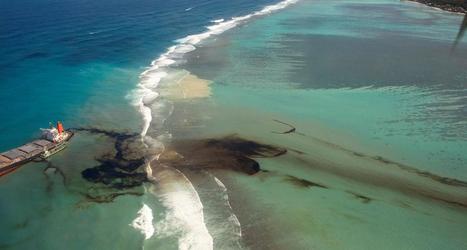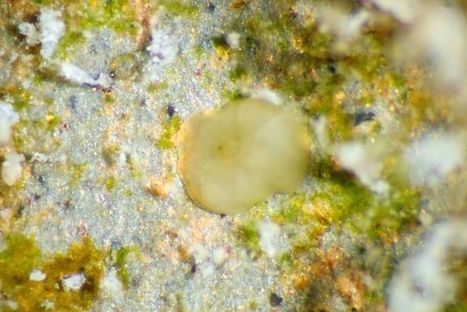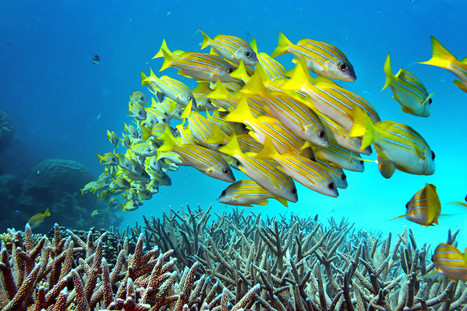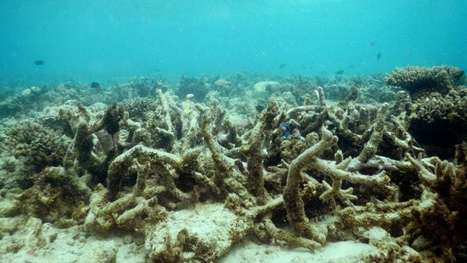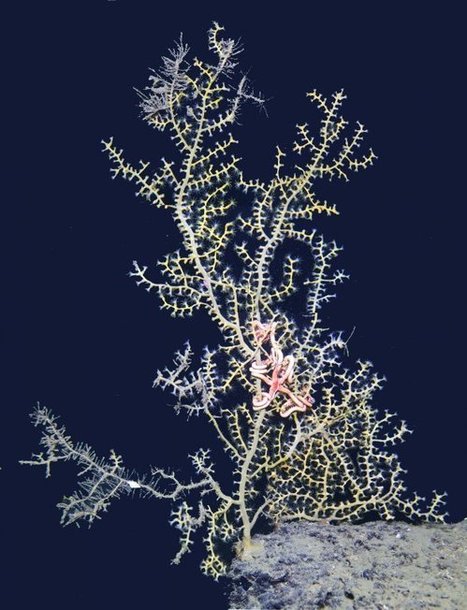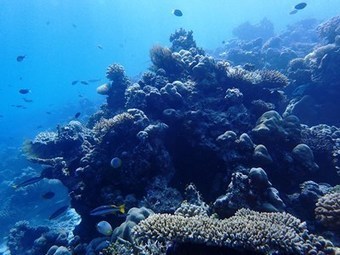A Japanese ship that ran aground on a reef off Mauritius two weeks ago has now stopped leaking oil into the Indian Ocean but the island nation must still prepare for "a worst case scenario", Prime Minister Pravind Jugnauth said late on Monday.
Research and publish the best content.
Get Started for FREE
Sign up with Facebook Sign up with X
I don't have a Facebook or a X account
Already have an account: Login
Coastal management and restoration of our planet's coastlines with a particular focus on California, Louisiana and the Pacific. Emphasizing wetland restoration, aspects of agriculture in the coastal plain, fisheries, dealing with coastal hazards, and effective governance.
Curated by
PIRatE Lab
 Your new post is loading... Your new post is loading...
 Your new post is loading... Your new post is loading...

Summer Lee's comment,
October 17, 2016 1:57 AM
I read a lot about this recently too. I find it interesting that "all of a sudden" the general public is concerned that the Great Barrier Reef was pronounced "dead" even though that isn't the case. It's sad to see what is happening right before our eyes to the Great Barrier Reef.

Karina Barron's comment,
October 21, 2016 7:00 PM
This is interesting how people are so fast to believe something can't be helped and it's easy to pronounced it dead. I think its easier to say something can't be helped than to actually do something about it. That's not only the case for the Great Barrier Reef but for other areas around the world.
Madeline Pascal's comment,
October 24, 2016 1:40 PM
Kinda sad to see people give up so easily on an important resource and not take the time to analyze the situation or do proper research.
|
|




